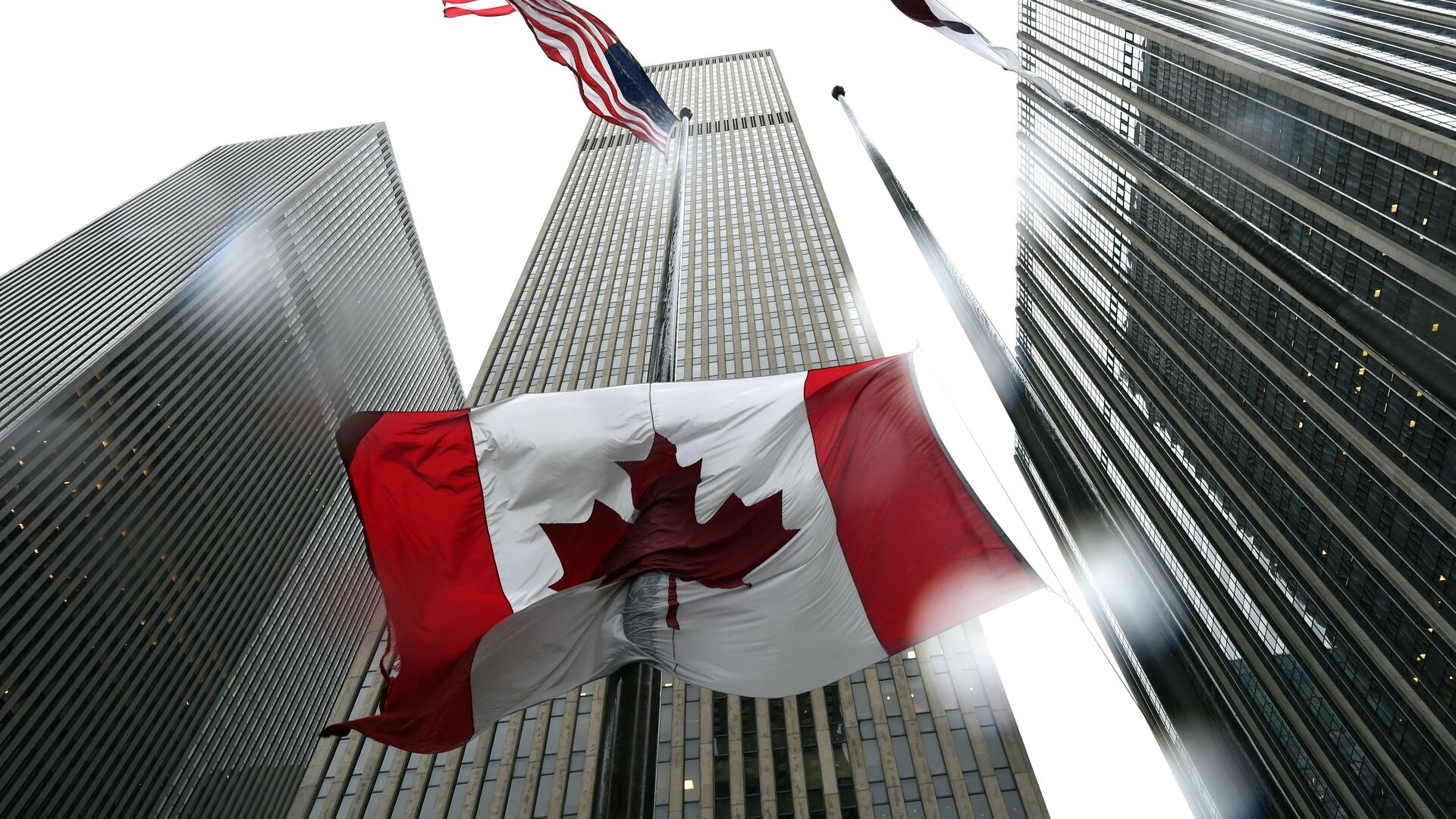Among the topics discussed were the fate of Canadian energy giant Enbridge’s Line 5, which has been ordered closed by Michigan Governor Gretchen Whitmer, and the softwood lumber dispute between the two neighboring nations.
“Minister Ng reiterated that it was in the best interest of both countries to reach an agreement on softwood lumber and raised the impacts of solar safeguards. Minister Ng also noted the importance of the continued safe operation of Line 5,” Global Affairs Canada said in a statement.
Ng and Tai also discussed the Biden administration’s "Buy American" policy, which has been the main concern of the Trudeau government, with Prime Minister Justin Trudeau and his closest associate Chrystia Freeland concern with the plan in talks with US counterparts.
The Line 5 pipelines, which carry over 540,000 barrels of predominantly western Canadian oil and natural gas to the eastern part of Canada as well as certain US states, including Michigan, Ohio and Pennsylvania, has also become a sticking point in the bilateral trade relationship.
Canada believes that Michigan and Enbridge can come to an amiable solution at the local level, Natural Resources Minister Seamus O’Regan said during a press briefing earlier in the day, ahead of a mediated meeting between the parties scheduled for Tuesday.
Canada is also engaged in diplomatic efforts to resolve the dispute, although, it appears to have made little headway, with Enbridge Executive Vice President and President, Vern Yu, telling the Special Committee on the Economic Relationship between Canada and the United States in March that Canadian ambassador to the US Kirsten Hillman was denied a meeting with Whitmer.
Meanwhile, softwood lumber has been a drag on the two countries’ bilateral trading relationship for decades, including mutual complaints through the World Trade Organization. In 2006, the two sides reached a settlement under which the United States agreed to suspend lumber duties. The deal expired in 2015 and the Trump administration has subsequently imposed new tariffs on Canadian lumber.
The WTO largely sided with Canada in the dispute in August, citing the United States’ failure to prove that the price of exported lumber was artificially low due to provincial government subsidies.


